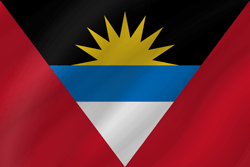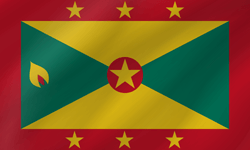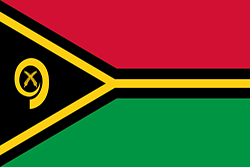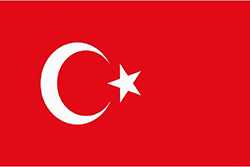The investment migration industry changes quickly. So your knowledge of the latest events and predictions of the near-future are critical to investing your time, energy, and capital into programs that benefit you and your family.
This month, new developments have emerged all around the world, from Eastern Europe to the Caribbean.
And we have a summary of the most pertinent news that may affect your plans for sovereignty.
Bulgaria Joins the Schengen Area
Bulgaria and Romania are set to join the Schengen Area on March 31, 2024.
The approval comes after years of negotiations and grants visa-free access to Schengen states for Bulgarian and Romanian residency permit holders. No longer must they apply for visas and be subject to border checks when entering the European Union.
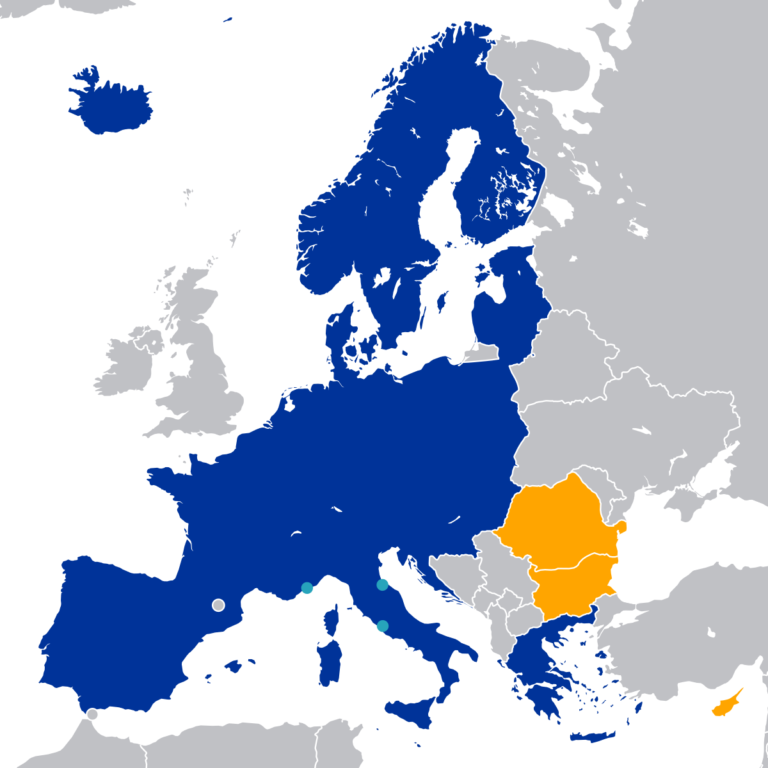
For the purpose of this article, we’re focused on Bulgaria. Why?
This additional travel freedom significantly enhances the value of Bulgaria’s investor permanent residency visa, which was already particularly appealing with its most most affordable path to naturalization in the European Union when compared to alternatives like Malta, Greece, and others.
The investor visa requires an investment starting at €250,000 across various options including stocks, funds, and real estate. Post-investment, investors can apply for their Long-Term D visa and permanent residency permit.
Note there are no physical presence requirements before, during, or after the naturalization process other than typical processing appointments.
Why This News Matters
If your current citizenship doesn’t have visa-free access to the Schengen Area (majority of Europe), the Bulgarian permanent residency visa and citizenship may be an appealing next play for you and your family.
After five years of maintaining the permanent residency permit, investors may apply for citizenship and get residency and work rights across the European Union.
Because of its friendly pricepoint, the Bulgarian permanent residency program is receiving and should receive a lot more attention heading into the future.
Hungary’s New Golden Visa: The Guest Investor Program
Hungary has unveiled their brand new Guest Investor Program, a new golden visa for foreign nationals making significant investments in the Eastern European country. The program is set to operate fully by July 1, 2024.
Investment paths include …
- purchasing investment certificates from a real estate fund for at least €250,000,
- acquiring residential real estate property worth a minimum of €500,000,
- or making a €1 million donation to higher education.
The program incentivizes investments in residential real estate projects and requires the investment to be held for five years. Applicants must also demonstrate a legitimate source of funds, with a three-month window to make the investment after entering Hungary.
As a permanent residency program, the visa allows investors to remain and reside in the country for the three years (the maximum time allotted) the visa is valid.
Further, if the investor desires naturalization as a Hungarian citizen, they must pass an exam in Hungarian after eight years of demonstrated residency.
Why This News Matters
The Hungarian golden visa program is another Eastern European residency that investors should keep their eye on. Like Bulgaria’s, the Guest Investor Program is one of the most accessible paths to residency and citizenship in the European Union.
However, Hungary’s strict physical presence requirements make it not as appealing, unless under specific circumstances, as the Bulgarian permanent residency program.
EU Dialogues with Caribbean CBI Countries
The European Union is engaging in dialogues with Caribbean CBI countries Antigua & Barbuda, Dominica, Grenada, St. Kitts & Nevis, and St. Lucia to address concerns regarding visa-free Schengen Area travel and the general integrity of CBI programs in the region.
Similar conversations came to an abrupt head last year when the United Kingdom restricted visa-free access to Dominican citizens.
According to sources close to the matter, discussions have focused on national security, immigration risks, and the impact of low-cost/high-volume CBI models like those in the Caribbean.
The EU has expressed interest in seeing not only Caribbean programs, but also European citizenship-by-investment programs like Malta increase their prices to reduce the volume of applications while maintaining CBI revenue.
Additionally, the European Union is skeptical of certain developers and applicants from specific countries – namely, Russia.
Despite these challenges, the EU recognizes the economic importance of CBI programs and seeks constructive solutions.
Why This News Matters
Especially when a global power like the European Union seemingly wants a specific result in another region of the world, the future of citizenship-by-investment is uncertain in the Caribbean and around the world.
But if you observe the industry and its brief history, it has grown and continues to grow.
The demand exists.
So JH Marlin is confident more countries across global regions will add to the supply of citizenship-by-investment programs, not subtract from it.
And a second order effect of a growing market for citizenship is the variety of programs and benefits. So as we head into the future, more programs will carve out specific investor profiles they want to attract and create incentives for those high-net-worth individuals to gain citizenship in their country.
Greece’s Golden Visa Program to Introduce New Pricing Tiers
Greece will revise its golden visa pricing structure, said the Greek Prime Minister.
Parliament is set to introduce three different investment levels to address the high demand in certain areas and could implement the plan very soon.
The new minimum investment requirements could potentially be:
- Zone A: €800,000 for areas with the highest demand, likely including Attica, central Thessaloniki, Mykonos, Santorini, Crete, the Cyclades, and the Dodecanese islands
- Zone B: €400,000-€500,000 for regions currently at €250,000 but facing price pressure, potentially covering Piraeus, suburbs of Athens, and upscale neighborhoods in Attica
- Zone C: €250,000 will remain for municipalities with less foreign investment interest, maintaining the status quo for the majority of the country
Just seven months after the latest increase in prices, the Greek government attempts to balance foreign investment with local appeals to curb rising real estate prices and housing shortages.
The exact municipalities falling into each category have not yet been clarified, but official announcements are expected soon.
Why This News Matters
The Greek golden visa program was the world’s most popular in 2023. The increase in costs is not unexpected.
However, the news will encourage some investors to look elsewhere for their desired Mediterranean lifestyle, European Union residency rights, and real estate investment.
The residency- and citizenship-by-investment world changes fast. High-net-worth individuals must adjust and act quickly if they are to take advantage of programs and opportunities.
Over the last decade, JH Marlin has worked with hundreds of investors from around the world to find, apply for, and obtain the ideal citizenship or residency program for their unique situation.
If you’re interested in securing your future, contact JH Marlin’s residency and citizenship experts here.




